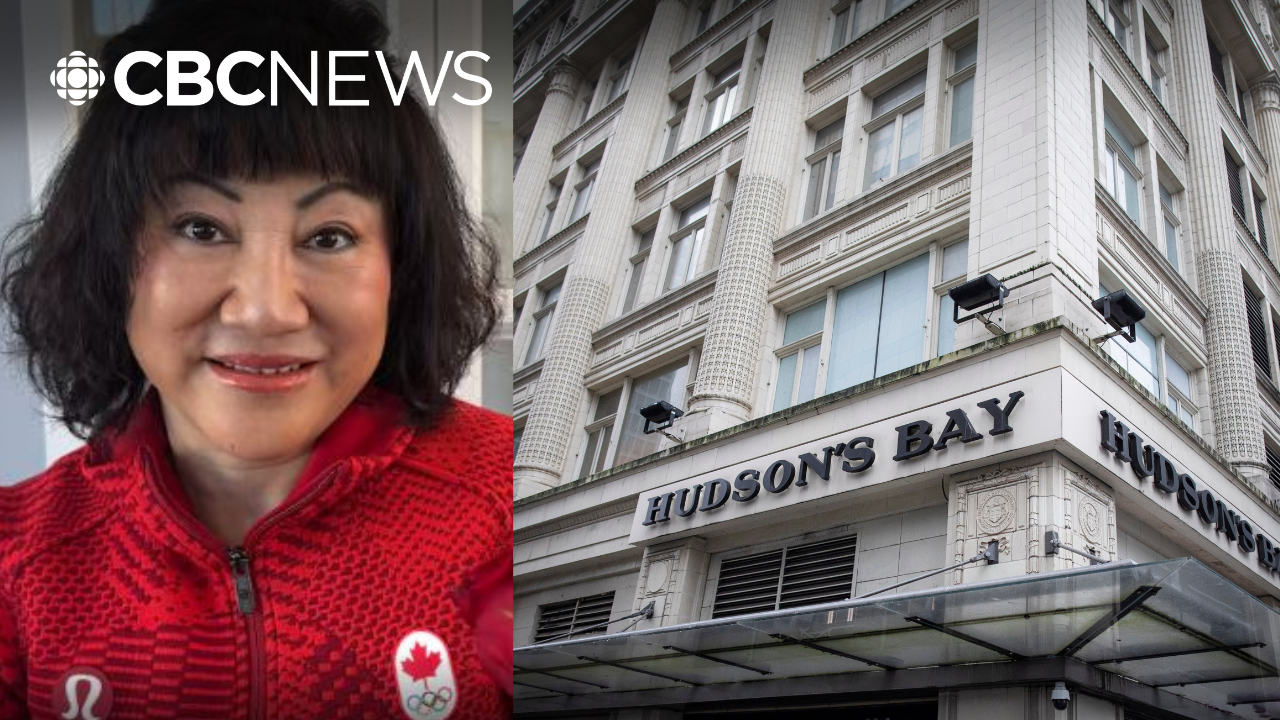Canadian company First Quantum cuts back activity at Panama mine facing massive protests

The Canadian mining company whose Panamanian copper mine has sparked massive protests in the country says it is scaling back operations at the facility due to a port blockade.
First Quantum Minerals says its Panamanian subsidiary is ramping down activity at its massive Cobre Panama copper mine.
While one ore processing train has been shut down, two remain operational, the company said Monday. “This disruption to operations is due to an illegal blockade of small boats at the mine’s Punta Rincón port.”
That blockade is the latest expansion of nationwide protests that have roiled the country in recent weeks and brought economic and civil activity to a standstill.
The spark for the protests was the government’s decision to award First Quantum a renewed 20-year lease to mine the facility last month. While the company trumpets the economic benefits of the project, the contract renewal has tapped into long-simmering outrage on environmental, economic and other grounds.
Those protests have expanded beyond the mine itself and are now targeting the government of Laurentino Cortizo on anti-corruption and other allegations.
Protests showing no signs of abating
The escalating protests that have turned deadly. An American citizen has been arrested and charged in the shooting death of two protestors who blockaded a highway in another part of the country.
Panama’s Chamber of Commerce estimates that the protests are costing the country between $60 million and $90 million US per day.
The company says the port blockade has “affected the delivery of supplies for the mine’s on-site power generation plant, which is necessary for full operations and for safe environmental stewardship, including operation and maintenance of the tailings management facility. In addition, the illegal actions have hindered the loading of copper concentrate onto vessels.”
“The Company reserves the right to protect itself with all options available to it pursuant to its contractual rights and under international law,” First Quantum said in a statement Monday morning.
The company has trumpeted the economic benefits of the mine and has told CBC News in multiple statements that the protests are mostly about the government itself, not the mining contract, but locals on the ground in Panama say differently.
Kitty and Andrew Quitmeyer are U.S citizens who run a science lab and work at an animal rescue in Panama, and they say opposition to the mine has been simmering for years before it erupted with the behind-closed-doors signing of the contract last month.
“It’s definite related to the mine,” Andrew told CBC News in an interview. “The whole country has rallied behind this.”
The Quitmeyers, who have joined the protests themselves, say that it is true that the opposition to the mine has since expanded into broad anti-government sentiment on a number of grounds, “but the first phase of all these protests starts with stopping the mining.”
“The root causes are for sure environmental but also very much economic,” Kitty said.
The company and government have trumpeted that the mining deal represents as much as five per cent of the country’s entire economy, and will bring in at least $375 million annually to the nation’s coffers, but Andrew says protestors don’t want to hear that.
“They already have a giant terraforming project in their back yard with the canal,” he said, adding that the canal has made Panama a rich country by some standards, but most of that wealth stays in the hands of comparatively few people.
“You could make it $1 billion a year, people aren’t going to see a dime of that.”

;Resize=620)
;Resize=620)
;Resize=620)
